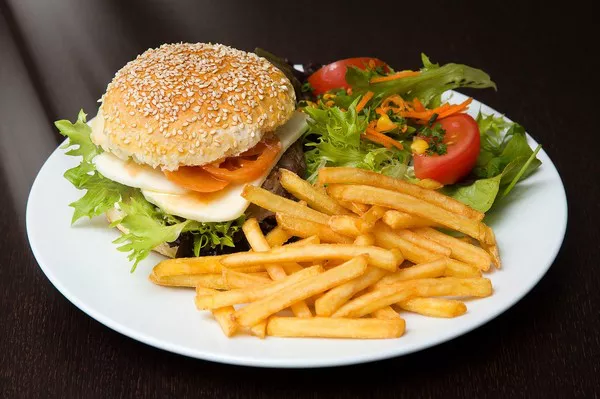A recent global study has unveiled that approximately one in seven adults and one in eight children may have developed an addiction to ultra-processed foods (UPFs), prompting calls for certain products to be labeled as addictive.
Recent research has linked UPFs such as ice-cream, sugary drinks, and ready meals to a range of health issues, including an elevated risk of cancer, weight gain, and heart disease. The consumption of these products is on the rise globally, with UPFs now constituting over 50% of the average diet in both the UK and the US.
According to the study’s findings, some individuals demonstrate behaviors associated with a substance use disorder when it comes to UPFs. These behaviors include intense cravings, symptoms of withdrawal, diminished control over consumption, and continued use despite negative consequences such as obesity, binge eating disorders, poorer physical and mental health, and reduced quality of life.
The research, which analyzed 281 studies from 36 different countries, was published in the BMJ and estimates that “ultra-processed food addiction” affects approximately 14% of adults and 12% of children.
Ashley Gearhardt, the corresponding author of the study and a psychology professor at the University of Michigan in the US, stated, “There is converging and consistent support for the validity and clinical relevance of food addiction. By acknowledging that certain types of processed foods have the properties of addictive substances, we may be able to help improve global health.”
The authors of the study argue that officially categorizing certain high-carbohydrate and high-fat foods as “addictive” could lead to positive changes in social, clinical, and political policies, ultimately improving public health. Furthermore, such a classification could spur additional research into UPFs, an area that remains subject to ongoing scrutiny.
While some experts have defended UPFs, suggesting that they have been unfairly vilified, all agree that further research is urgently required to comprehend the potential implications of UPFs on global health.
Alexandra DiFeliceantonio, an assistant professor at the Fralin Biomedical Research Institute in the US and co-author of the study, emphasized, “Given how prevalent these foods are – they make up 58% of calories consumed in the United States – there is so much we don’t know.”
The study’s researchers, hailing from the US, Brazil, and Spain, pointed out, “Refined carbohydrates or fats evoke similar levels of extracellular dopamine in the brain striatum to those seen with addictive substances such as nicotine and alcohol.”
They also noted that the rapid delivery of carbohydrates and fats to the gut by these foods could contribute to their “addictive potential.” Additionally, food additives may play a role in the “addictiveness of UPFs,” as they can enhance the rewarding effects of calories in the gut.
It’s crucial to note that not all foods possess addictive potential. However, the researchers concluded that UPFs high in refined carbohydrates and added fats are “clearly consumed in addictive patterns” and result in detrimental health outcomes.
“Ultra-processed foods high in refined carbohydrates and added fats are highly rewarding, appealing, and consumed compulsively and may be addictive,” they asserted. “Behaviors around ultra-processed food may meet the criteria for the diagnosis of substance use disorder in some people. Understanding these foods as addictive could lead to novel approaches in the realm of social justice, clinical care, and policy approaches.”

